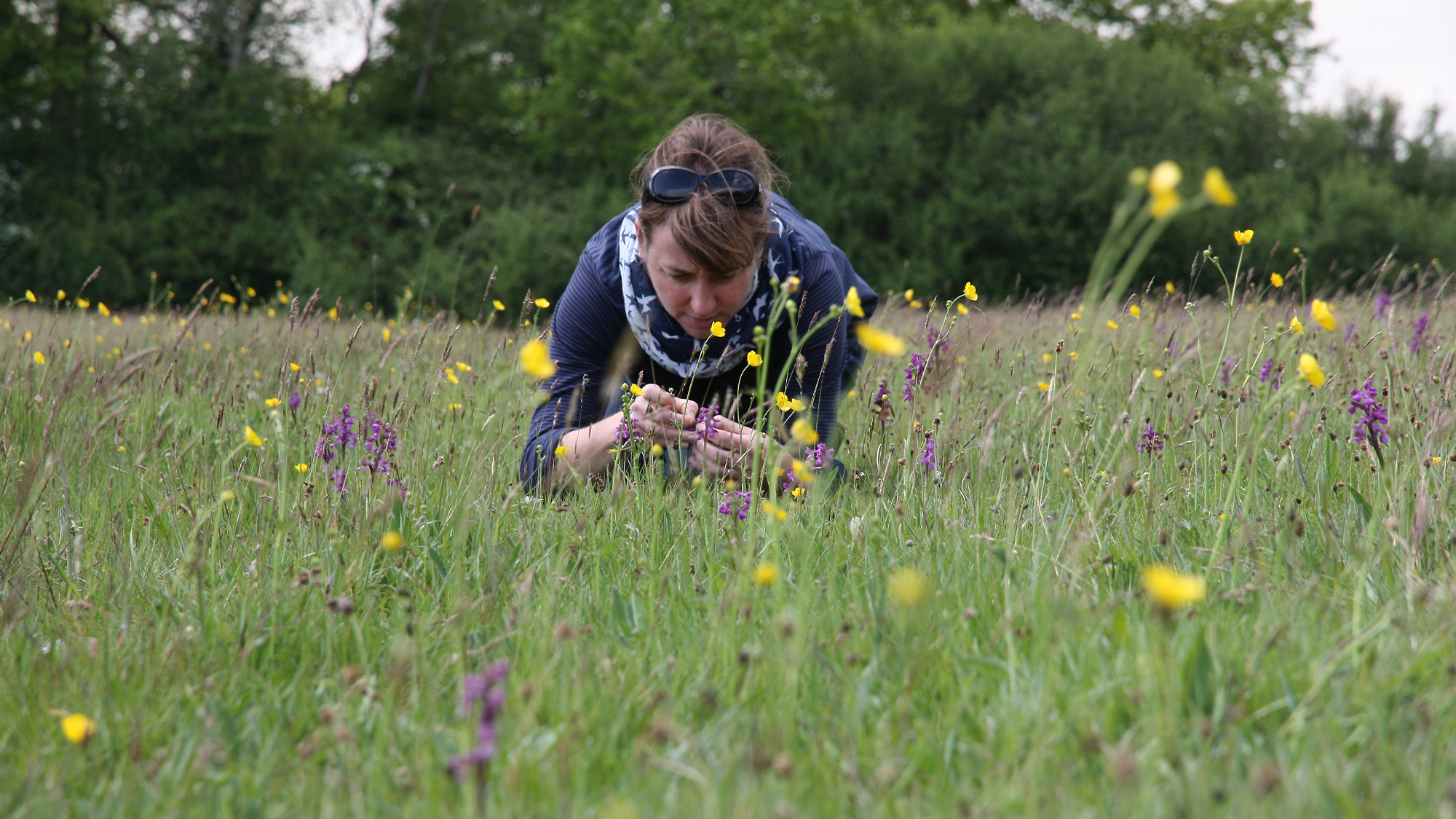

When the COVID-19 pandemic shut down normal life in 2020, nature became a refuge for many people cooped up inside. As pandemic related travel disturbances continued, the National Park Service saw record numbers of visitors, as spending time outdoors was safer in terms of virus spread.
Even when a pandemic isn’t raging, spending time outside reduces stress, improves cognition, and can help us sleep better. All of this can help people lead happy, healthy, and productive lives, which helps the economy and lowers healthcare costs.
[Related: Nature saves us trillions of dollars in healthcare.]
Citizen science has been designed to use people power for the benefit of scientific knowledge, but it can also help the citizens doing the science as well. A study published February 9 in the journal People and Nature found that involvement in citizen science boosts wellbeing and connection to nature for participants.
“People connect with nature in different ways, so it’s great to see nature-based citizen science can provide another form of active engagement that can strengthen the human-nature relationship,” said study co-author Miles Richardson from the Nature Connectedness Research Group at the University of Derby in the UK, in a statement. “When combined with noticing the positive emotions nature can bring, citizen science and help unite both human and nature’s wellbeing.”
The study was conducted during pandemic lockdowns in 2020 by the UK Centre for Ecology & Hydrology (UKCEH), the University of Derby, and the British Science Association. Five hundred volunteers from across the United Kingdom were randomly assigned to carry out a 10-minute nature-based activity at least five times over a period of eight days: a survey of pollinating insects, a butterfly survey, spending time in nature and jotting down three good things they noticed, or a combination of both.
Researchers surveyed the participants both before and after the citizen scientists went out into nature, as a way to assess differences in connection to nature, well being, and pro-nature behavior.
After completing their assignments, the researchers found that all volunteers showed increased scores in feeling connected to nature.
“It gave me permission to slow down,” wrote one participant.
“It made me more aware of nature in all aspects of the environment,” said another.
“It reminded me that small things can make a big difference to my mood,” observed another volunteer.
[Related: Birders behold: Cornell’s Merlin app is now a one-stop shop for bird identification.]
The volunteers who wrote down the three good things they noticed while out in nature.Those who also combined those three positive things with nature recording activities (like counting pollinating insects) said that they were more likely to adopt more pro-nature behaviors beyond their involvement with this study. Some of those behaviors involved planting more pollinator friendly plants in their own gardens or helping build wildlife shelters.
“Being in and around nature is good for our wellbeing, and we’ve shown that focused, active engagement with nature is just as important – whether that is ‘mindful moments’ in nature or taking part in citizen science,” said Michael Pocock, ecologist and academic lead for public engagement with research at UKCEH, in a statement. “This has been a valuable exercise for us in exploring how we can make citizen science even better. We now know that if we design future projects with additional nature-noticing activities, for example, we can enhance people’s own connection to nature, while still collecting valuable data.”
